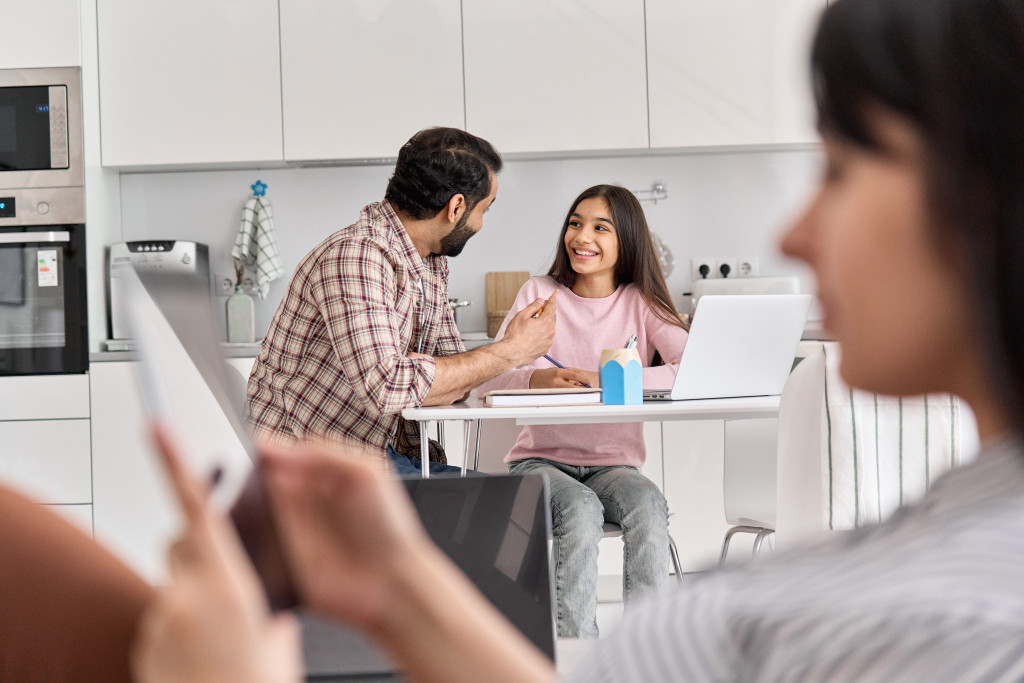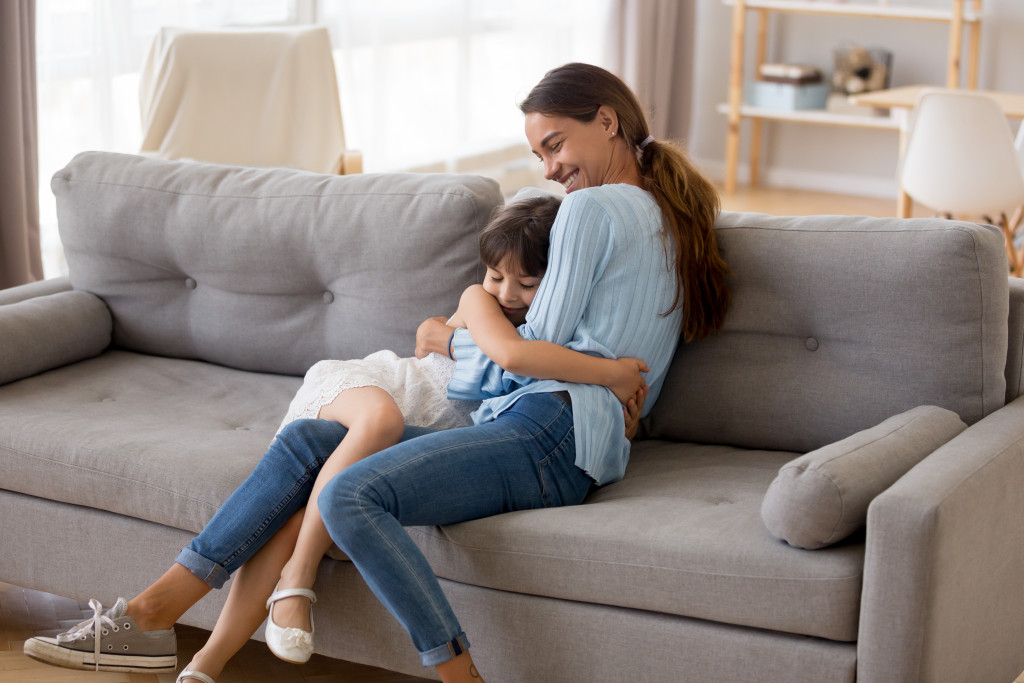Marriage is a beautiful institution. But sometimes, despite best intentions, marriages don’t work out. This part is where divorce comes in. However, when a couple decides to end their marriage, it’s not only the husband and wife that are affected but their children as well.
With divorce rates reaching 2.3 per 1,000 in the United States alone, it’s now more important to be aware of the effects of divorce on children and what you can do to help them cope. Here are some tips on how you can help your child adjust to the divorce and protect their wellness.
Seek the Ideal Custody
Although you and your spouse may not be able to see eye-to-eye on many things, you must try to agree on custody. That means creating a parenting plan that’s in your child’s best interest.
But what if you can’t agree on custody? In this case, you’ll have to go to court and let a judge decide for you. In general, the court will try to award joint custody if it’s in the child’s best interests. But there are cases where only one parent gets awarded sole custody. Factors that the court will consider are the child’s age, relationship with each parent, and each parent’s ability to provide a stable home environment.
Staying in touch with a reliable child custody lawyer will help you understand your options and have a better chance of getting the custody arrangement you want. These professionals are well-versed in family law and know how to protect your parental rights. This way, you can continue to play an active role in your child’s life even after the divorce.
Get Help from a Mental Health Professional
Even if you don’t notice any adverse effects on your child, it’s still a good idea to seek professional help. According to studies, children experience psychological effects even if the divorce is amicable. So, it’s better to be proactive and get help early on.
A therapist can help your child understand and deal with their feelings. They can also teach your child how to cope healthily with the stress of divorce. As a result, your child will be able to better adjust to the changes in their family.
Moreover, therapy can help prevent the long-term effects of divorce on children. So, even if your child seems to be doing well, it’s still a good idea to get them professional help. Doing so will help you be confident that your child is adjusting well to the divorce and isn’t just putting up a brave front.
Support Your Child’s Relationship with the Other Parent
Your child will need all the support they can get during this challenging time. That’s why it’s essential to encourage and facilitate a healthy relationship between your child and the other parent.
Respecting the other parent in front of your child is an excellent start. You should also avoid badmouthing the other parent to your child. These things will only damage your child’s relationship with the other parent.
It’s also essential to ensure that your child has regular contact with the other parent. With this, you’re helping your child maintain a strong relationship with them even after the divorce. Thus, your child will feel loved and supported by both parents, even if they’re not together.

Encourage Your Child to Express Their Feelings
Your child may not feel comfortable talking about their feelings with you. But it’s still important to encourage them to express themselves. Let them know it’s okay to feel sad, scared, or angry about the divorce.
Moreover, it’s best to provide them with a safe outlet to express their feelings. It could be in the form of a journal, art, or music. You can also encourage them to talk to a trusted adult, such as a therapist, teacher, or family member.
Helping your child express their feelings will allow them to deal better with the divorce. It will also prevent them from bottling up their emotions, leading to long-term psychological effects. They’ll feel more supported and loved when they know they can express their feelings.
Dealing with a divorce is never easy, especially for children. And it’s normal for parents to worry about the long-term effects of divorce on their children’s well-being. But with the proper support and guidance, you can help your child cope with the divorce and even thrive despite it. The above tips are only some things you can do to help your child through this tough time. There are many other resources available to help with your situation. Nonetheless, the most important thing is to be there for your child and show them your unconditional love.




